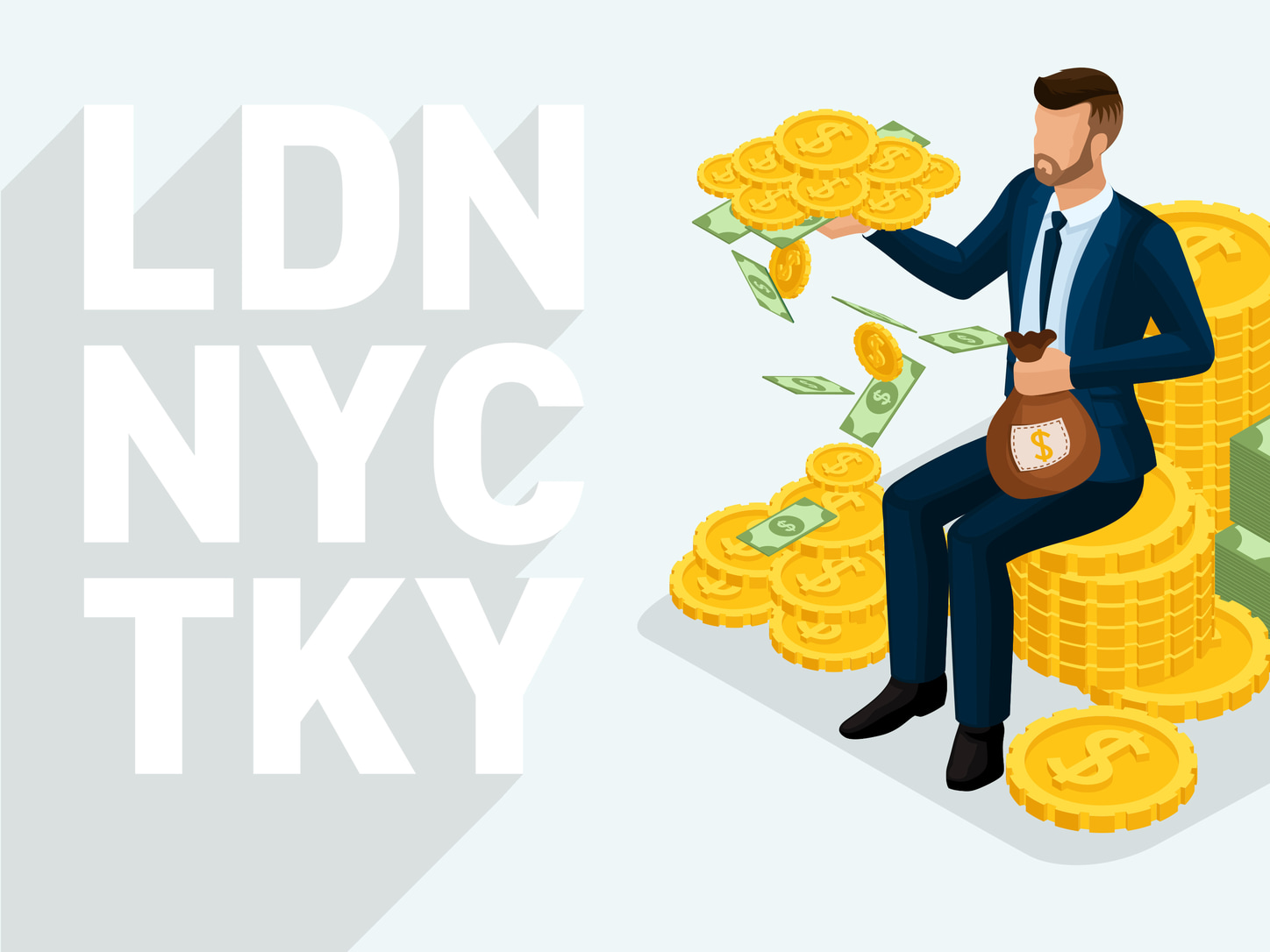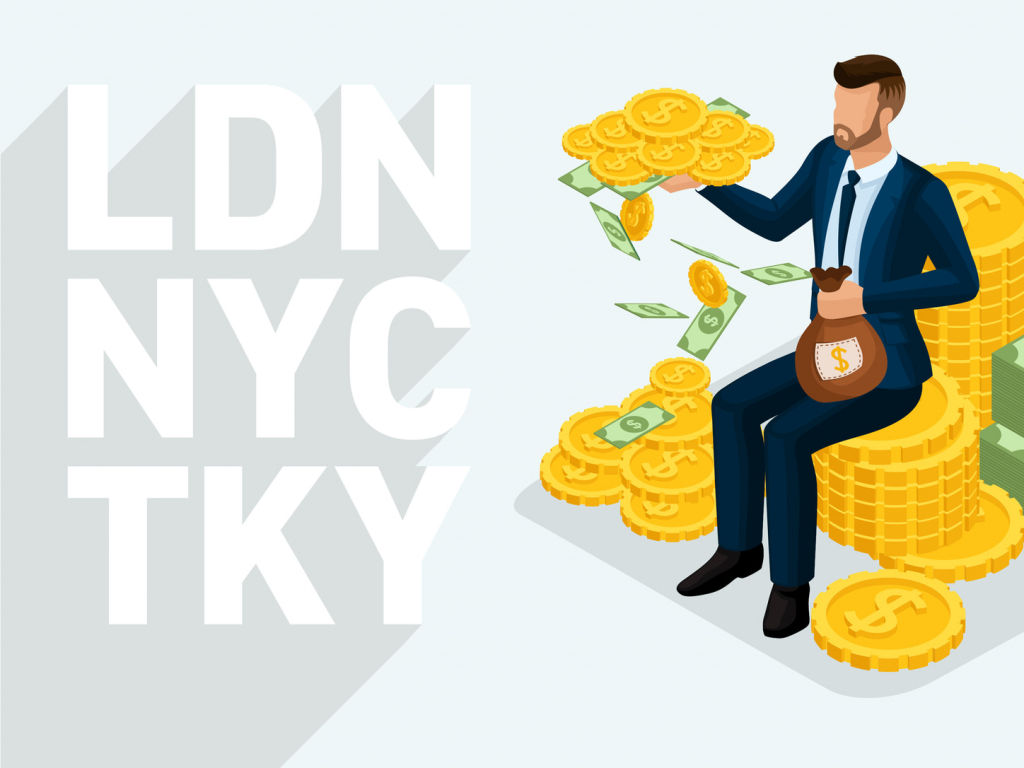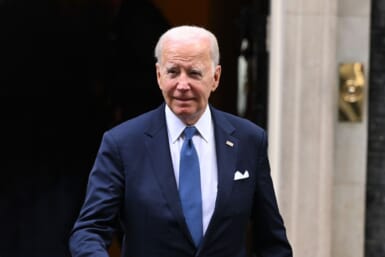Right now Tokyo ranks third on the Global Power City Index, which compares the power of cities with regards to attracting people, capital and enterprise from around the world. We look at Tokyo’s strengths and weaknesses, and how it needs to change if it wants to reach the number-one spot.

On the opening day of the trendy co-working space The Hive Jinnan, founder Constant Tedder casually lounges in a wooden chair in the spacious communal area of the three-story brick office building overlooking a vibrant Shibuya greenspace. The coffee bar behind Tedder is lined with wine glasses and bottles of One Chain Australian red. The coffee menu offers latte machiatto and poppio. Lilting ambient music plays as technicians set up the sound system for the swank launch party scheduled for later that evening.
“You are seeing two trends,” says Tedder when asked about how global companies are shifting. “You are seeing an increase in larger corporations wanting or valuing flexibility because they see big changes happening to their workforces. Also, you are seeing the rise of the entrepreneur. In most of the markets we are in, you are seeing the entrepreneurial sector chipping away at more and more activities that were previously the domain of mid-or large-sized corporations.”
Tedder opened his first co-working space for creatives and entrepreneurs in Hong Kong six years ago. After launching in Singapore, Saigon, Bangkok, Melbourne and Teipei, Tedder felt the time was finally right to provide a habitat for Tokyo’s burgeoning class of Zuckerbergs and Bezoses. He says WeWork, the American co-working company that announced a $2 billion investment from SoftBank (lowered from the original consideration of $16 billion), paved the way for similar enterprises in Tokyo.
“We see big changes happening in Japan. There are generational changes, very interesting economic changes, which are very good signals for us,” says Tedder. “We also can see it is underdeveloped as compared to other markets we are in. In a city of this size, you would expect to be able to walk down the street and see co-working, co-working, co-working, and you don’t see that here. Not yet. Tokyo has a very long way to go.”
The Tokyo Metropolitan Government (TMG) and the city’s business development leaders have been laying the groundwork to make Tokyo an attractive destination for international start-ups, entrepreneurs and creatives. While foreign companies have slowly begun filling up empty office spaces, Tokyo is still far from what some politicians once envisioned as the next Silicon Valley.
“We see big changes happening in Japan. There are generational changes, very interesting economic changes, which are very good signals”
According to the annual Global Power City Index 2018 (GPCI), released in October by The Mori Memorial Foundation, Tokyo maintained its position as the third-ranked city in terms of global competitiveness as measured by its comprehensive power to attract people, capital and enterprise from around the world.
While Tokyo scored well based on strength of economy and livability, the city failed to separate itself from the pack and make up ground on the top two cities – London and New York respectively – in part due to Tokyo’s lack of incentives for international start-ups and entrepreneurs (lack of co-working spaces was just one knock).
Tokyo ranks behind the other Asian cities of Singapore, Beijing, Shanghai and Seoul in terms of start-up environment. In addition, Tokyo’s corporate tax rate of 29.7 percent is higher than counterparts in Hong Kong (16.5 percent) and Singapore (17 percent). New York City was able to distance itself from Tokyo in the rankings when the US federal corporate tax rate was lowered from 35 to 21 percent last year.
“[The GPCI] identifies the strengths and weaknesses of each city,” said Toyo University professor Heizo Takenaka, chairman of the Mori Memorial Foundation’s Institute for Urban Strategies. “It will help us know how [Tokyo] can change and become a more magnetic and stronger city.”
The GPCI is used as a reference model for urban policy development and corporate strategies. The findings were referenced when Japan’s Cabinet drafted this year’s Future Investment Strategy, and when the Tokyo Metropolitan Government devised its action plan for 2020 entitled, New Tokyo, New Tomorrow. One directive of this action plan is to restore Tokyo to its position as Asia’s number one global financial city.
To attain this position, Tokyo made strides to attract foreign business entities, particularly in the technology field. TMG established six special zones where foreign companies setting up offices receive numerous incentives including deregulation, expedited immigration processes and access to the Tokyo one-stop business establishment center, which helps foreign businesses draw up business plans and connect with Japanese firms.
The original goal for the special zones was to attract at least 500 foreign companies to Tokyo by 2016. That goal has been lowered to 400 companies by 2020.
Among the initiatives to help achieve this target, last fall Tokyo Metropolitan Government operated two accelerator programs for international tech and fintech startups.
It is fitting that the final day of one of these programs, Tech Business Camp Tokyo, was held inside the modern skyscraper complex Toranomon Hills, where outside on the Oval Plaza the towering iridescent art installation by Spanish artist Jaume Plense, titled “Roots,” represents innovation and the revitalization of Tokyo.
For the duration of the two-month tech camp the heads of 13 foreign start-ups aiming to enter the Tokyo market were introduced to Japan’s leaders in their respective industries and the ins and outs of Japan’s business policies. On the final day each company’s representative delivered their sales pitch in front of colleagues and potential investors.
Participant Lana Novikova is the founder and CEO of Heartbeat Ai Technologies, an analytics platform that measures emotional responses of customers. Novikova, based in Canada, says her company focused on the English-speaking market until introduced to Tech Business Camp Tokyo.
“I was intrigued,” says Novikova. “We are a B2B company. We work with big corporations. There is no other place in the world, I think [except maybe] London, where there would be so many headquarters of big corporations like in Tokyo.”
As a result of the accelerator program, Heartbeat Ai is investing in Japanese-language technology and hired a Tokyo representative, a process Novikova says could have taken years otherwise. One of the draws of entering the Tokyo market is investors have a long-term view and relationships are built on trust, says Novikova, as opposed to Silicon Valley, where venture capitalists are looking for the quick exit.
“With Tokyo, there is also the honesty and the safety. We have intelligent property that is not protected by patent, so going to some countries would be suicide for us,” says Novikova. “Here, I trust them. I trust them with my software. I trust them with my baby.”
The tech business camp’s keynote speaker, Yoshiaki Ishii, is the director of the Science, Technology and Innovation Bureau at the Cabinet Office. He spearheaded the revision of Japan’s Company Law to support entrepreneurs and facilitated the creation of the Innovation Network Corporation of Japan, a public-private investment fund aimed at increasing the number of angel investors in Japan.
“With Tokyo, there is also the honesty and the safety. We have intelligent property that is not protected by patent … Here, I trust them. I trust them with my software”
Ishii says venture investment is increasing in Japan, particularly in the fintech, robotics and AI fields, though the upward trendline mainly follows the world economy’s gradual recovery from the Lehman shock. Venture capital in Japan is still marginal when compared with the US and China, and Ishii says Japan’s growth is hampered in part by the proliferation of silo companies and maldistribution of human resources.
“Diversity is very important,” says Ishii during his speech. “Global players are required to activate Japan’s innovation ecosystem.”
Phillip Seiji Vincent, managing partner of Plug and Play Japan, a company that connects Japan-based entrepreneurs with the global innovation ecosystem, says the number of start-ups in Japan is “extremely low.” Native entrepreneurs are lacking due to a corporate-heavy ecosystem that breeds a risk-adverse mindset, while international entrepreneurs trip over the language and cultural barriers.
Vincent says the commitment required to launch a business in Japan, as well as the difficulty of finding established partners that will help companies localize and integrate, has stymied some foreigners. Still, Vincent says Tokyo is the third largest market in the world, which piques the interest of anyone with the entrepreneurial spirit.
“I’m half Japanese. There was a personal reason for bringing Plug and Play to Japan. I also saw where Japan was as a start-up ecosystem, and where it potentially could be,” says Vincent. “Right now, it’s not known as a global ecosystem or global innovation hub, but again, it’s the third largest economy. It has a huge potential to be the top innovation hub. We want to come here, energize the community and hopefully be right in the middle of this huge change.”









